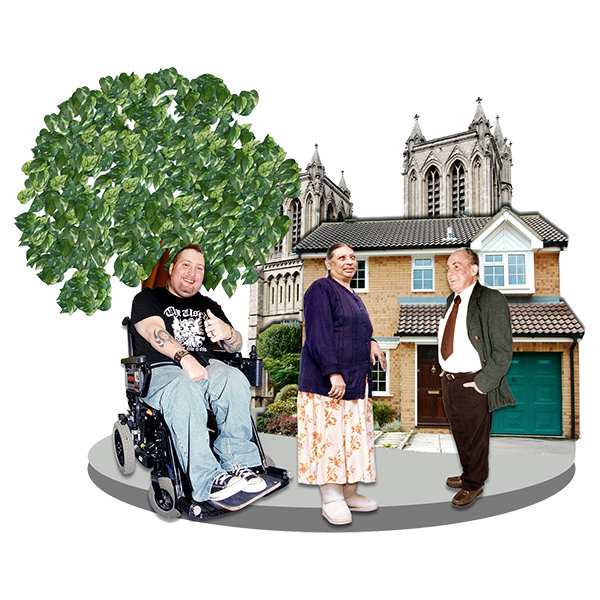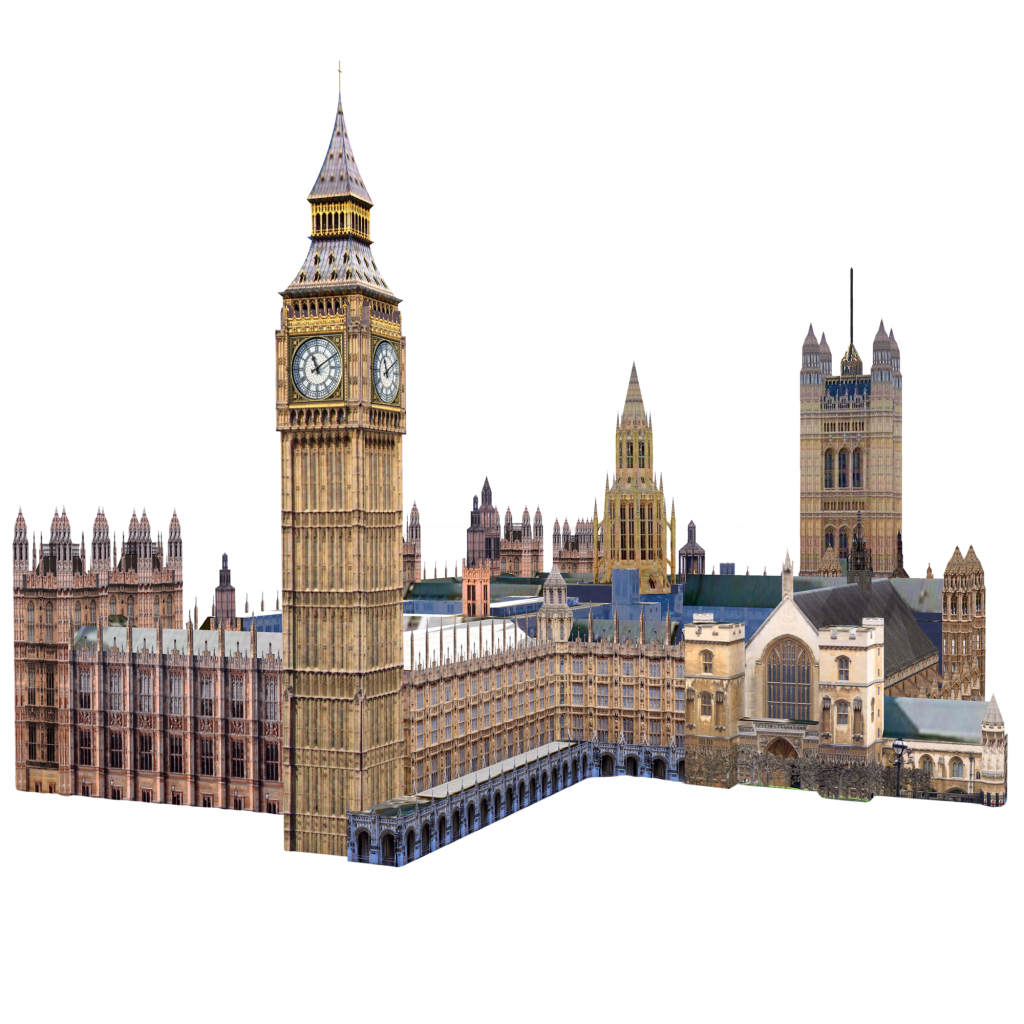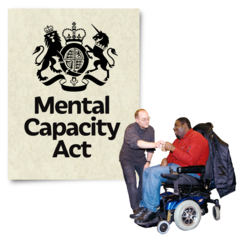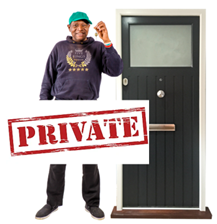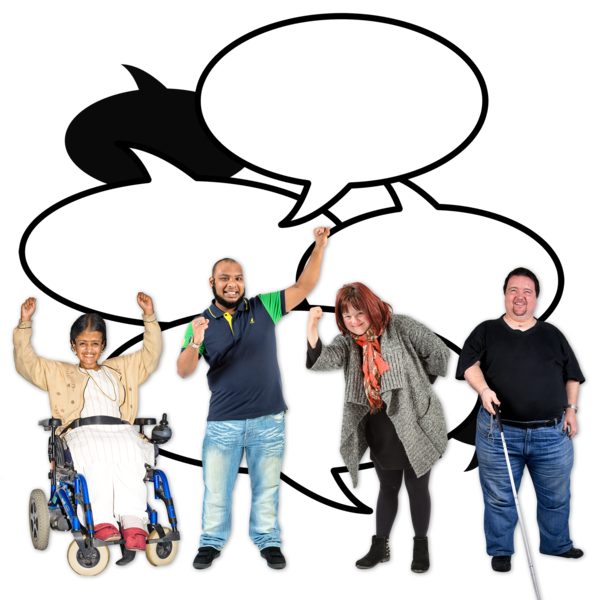
When another person supports you or argues for you, helping you to express your wishes and to stand up for your rights.
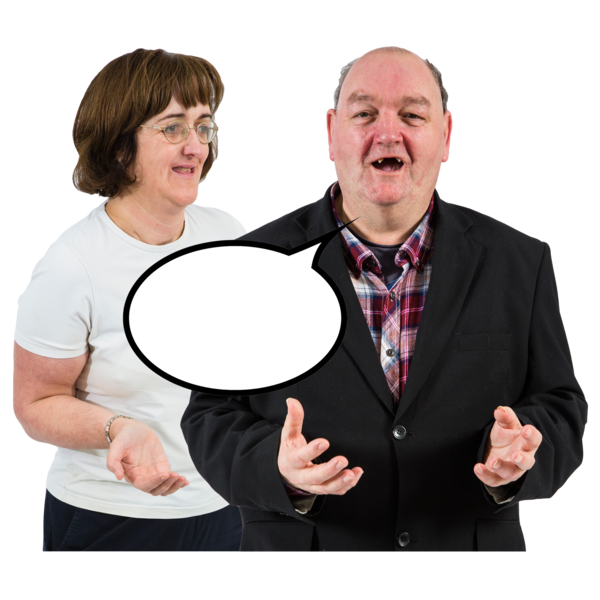
A person who supports you to stand up for your rights and communicate your views. They may work with you and do this on your behalf.
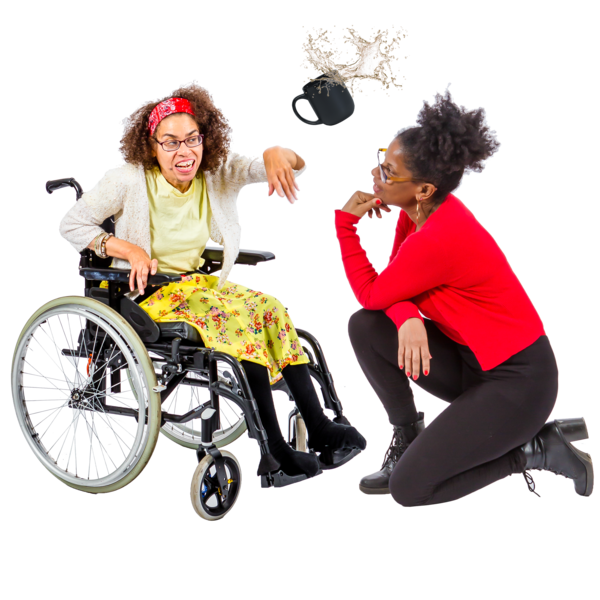

A law about care and support for adults in England. Before the Care Act 2014 was created, there were lots of different laws on care and support. The Care Act put all the law together to try to help people see what care and support they should be able to get, and also what councils have to do to make sure people can get the help they need.


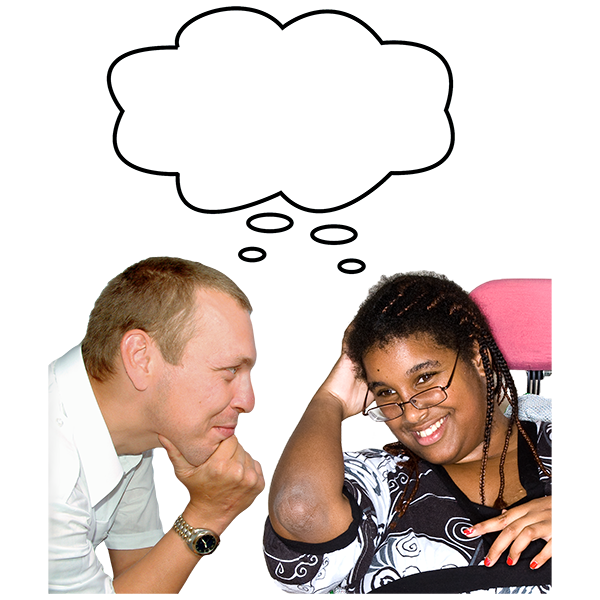


A person with a commission – a commission is when you are given the power to carry out a special act or duty. There are different types of commissioners. For example, health or social care commissioners must understand what health or care services are needed by local people. They then have to buy the services which are needed, and check that health or social care providers are giving good care and support to the people who need their services.
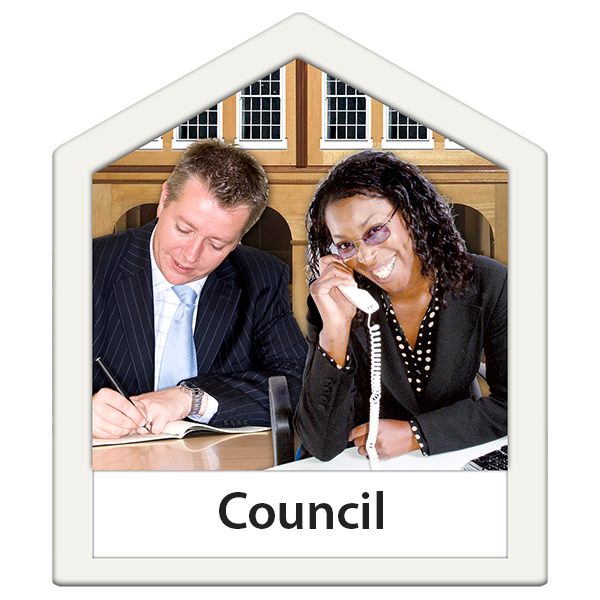
Your local council, or local authority is responsible for a range of important services in your community. This is also called ‘local government’ and includes social care and housing.
Depending on where you live, this may be organised in two different ways. In ‘two tier’ areas, social care is provided by ‘county councils’, while district and borough councils are responsible for housing. In ‘unitary’ areas, one council provides all services.


When renting a property, a private landlord will usually ask you for money before you move in. You usually get this back when you leave, unless the property has been damaged in some way (other than ‘normal wear and tear’) or if you still owe rent when you leave the property. This is called a ‘deposit’.


Money you can get from the local council who is responsible for housing to pay for adaptions in your home. For example, a wet room, handrails or widening doors.









Housing officer
Housing Officers supervise the day-to-day maintenance and management of rented properties that belong to local authorities or housing associations. If you are a tenant (this means you live in a property with a tenancy agreement), they will keep in touch with you and help you with any housing issues.

A law to protect your human rights.










Mental Health Act 1983 (updated in 2007)
Law that covers the assessment, treatment and rights of people with a mental health disorder in a mental health hospital. If you have been in a mental health hospital, it also covers your right to care and support after you have come home and are living in the community (‘mental health aftercare’ under Section 117 of the Mental Health Act.

Nursing Homes (registered)
A home for a group of people (often with a shared disability or health condition), with a nurse available to provide medical care. 24/7 care and support is available for all residents. Nursing homes are registered by the Care Quality Commission (CQC), which is responsible for checking the quality of the care provided, and that the home is keeping people safe.



Private bodies
Private companies or businesses. Organisations that are not public bodies (see below).


Registered Care Homes/ residential care
A residential care home provides accommodation and 24-hour care to people who may find it difficult to manage independent living. Often, a residential care home may support a group of people who share a similar disability or health condition.
Residential care homes must be registered with the Care Quality Commission (CQC), who check that care homes are providing good care to their residents and are keeping them safe.







Social Housing
Accommodation that is provided at an affordable rate. This is usually run by Housing Associations or a council.

Supported Living
Supported living is a service which supports people to live as independently as possible at home. If you live in supported living, you may receive help for just a few hours a week, or you may receive 24-hour support, depending on your support plan (see above). You would have your own housing tenancy and pay for your own bills and cost of living.
Your support is separate from the provision of your housing, which means that if your support provider changes, this would not affect your right to live in your home.

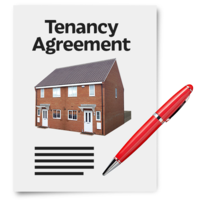
Tenancy Agreement
A contract agreed between you and the landlord to give you the right to live in the home.
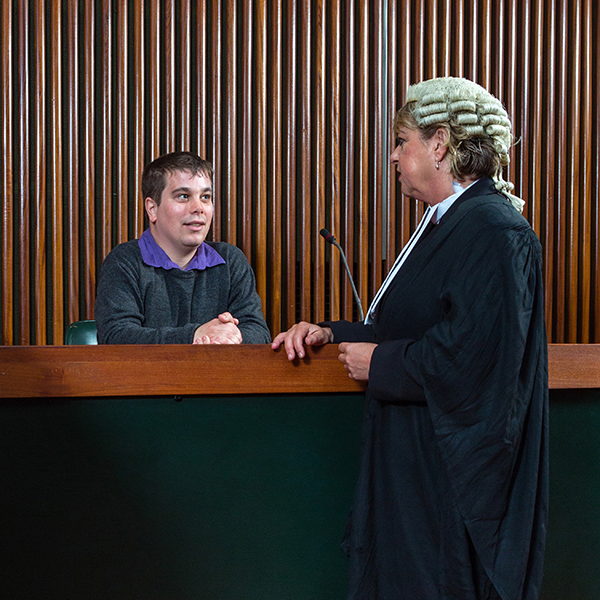
Trial
A trial is a formal examination of evidence (or a ‘hearing’) by a judge, typically (but not necessarily) before a jury, to decide guilt in a case of criminal or civil proceedings. A ‘right to a fair trial’ means that you must be treated fairly if you are charged with committing a crime and you have to go to court. It also means, more generally, that you must be treated fairly if a public body is making an important decision that has an impact on your rights.
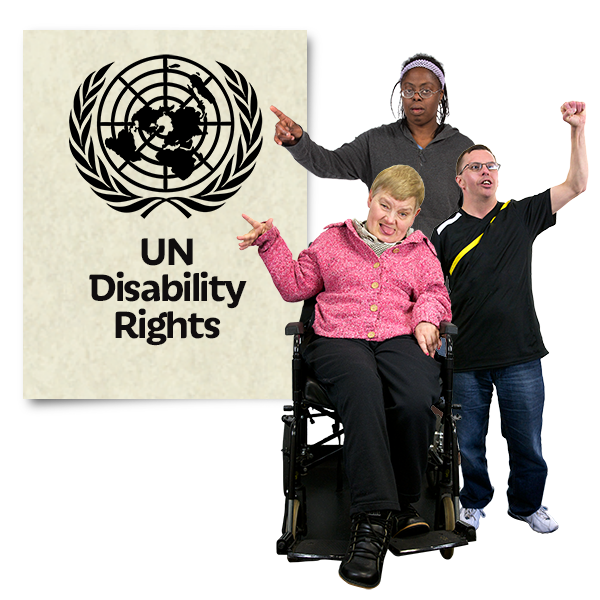
United Nations Convention on the Rights of Persons with Disabilities
The international human rights treaty of the United Nations intended to protect the rights and dignity of ‘persons with disabilities’ (i.e. disabled people).
